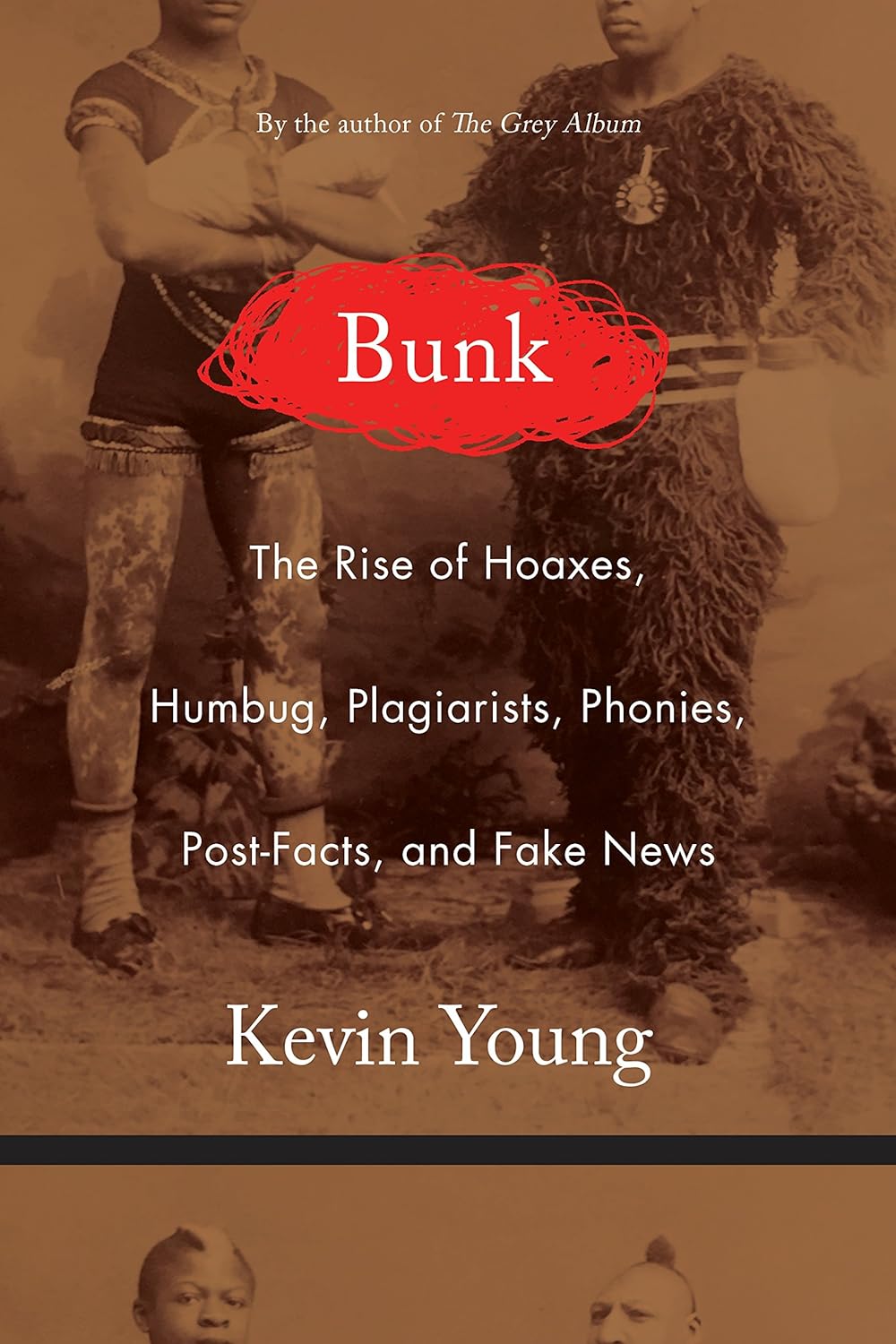Why did these future members of the modernist literary movement darken their skin, speak “gibberish fluently,” pretending it was Swahili, and board the primary guardian of the British fleet? Why show up at His Majesty’s Ship, the very symbol of empire, masquerading as “black”—or at least blackened—and, in the case of the future Virginia Woolf, as male? Even as a burlesque, the Dreadnought hoax enacted a truth not just about those the hoaxers fooled but about the hoaxers themselves.
By the time of the Dreadnought escapade, blackface was regularly used in the United States among white ethnic immigrants, who once would have been labelled less than white, as a way of signalling that they were quintessentially American. As with blackface minstrelsy, begun in the nineteenth century, the hoaxers’ donning of blackface indicated that they could become something not just new but foreign, not just foreign but American, and not just American but literally black. This view may best be called exoticist—a way of both wanting the foreign and finding it wanting. The exoticist not only takes in what Edward Said terms Orientalism, conceiving the Orient as something against which the West defines itself, but also connects these ideas across other formalized kinds of exoticism. All are tied to desire. Exoticists rely on race mainly to define themselves as well beyond it, playing foreign in order to contend, or content themselves, that they belong. Nothing can be more American than wearing blackface or redskin; nothing more British than donning a dark beard and turban. While not always white, the exoticist is always at home.
In boarding the most prominent vessel of the British fleet, an emblem of its soon-to-fade empire, the “jolly savages” showed up the British Empire while also making fun of an Abyssinia where royalty was only an illusion. What the Dreadnoughts spoke was the language of the hoax—elemental, bearded, gibberish as native tongue. Like the hoax, it was contagious: one of the “Swahili” phrases they reportedly uttered, “bunga-bunga,” would become “public catchwords for a time, and were introduced as tags into music-hall songs and so forth,” Stephen wrote. (Much later, the term was renewed by Italy’s Prime Minister Silvio Berlusconi, who called his sex parties Bunga Bunga parties, playing on a common racist joke; the familiar exoticist combination of racism and sex keeps on ticking.)
